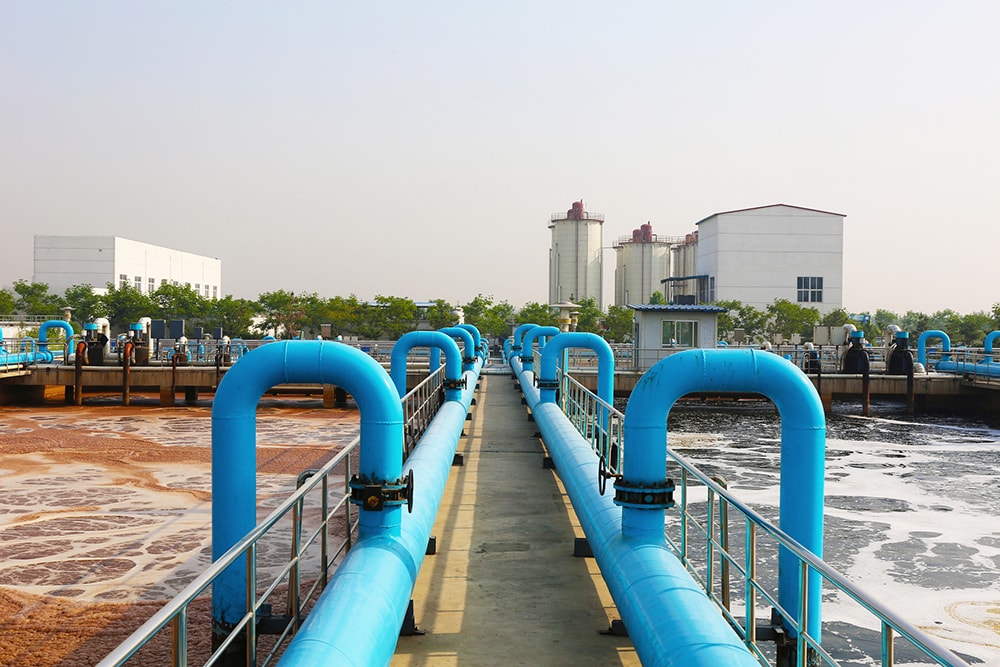Wastewater: A new early-warning tool

COVID-19 drove innovation across CDC and the rest of the scientific world; one such area has been wastewater testing, which can serve as a bellwether for communities in the COVID-19 pandemic. Samples taken from wastewater systems can contain genetic material from the SARS-CoV-2 virus in feces of infected people. CDC experts, working with academic researchers, wastewater utilities, and public health colleagues, found that tracking the amount of virus in wastewater systems can provide early detection and reliable trends of community-level COVID-19 cases. Data from wastewater testing supplement existing COVID-19 surveillance systems by providing an efficient pooled community sample that can monitor infections, regardless of whether someone has symptoms, sees a doctor, or gets tested.
In 2020, CDC established the National Wastewater Surveillance System (NWSS), an innovative and unique collaboration among CDC, state and local health departments, academic institutions, wastewater utilities, and private laboratories to help communities put this tool to work. As of December 2021, CDC has funded 43 jurisdictions to conduct wastewater surveillance for SARS-CoV-2. More than 30,000 wastewater samples have been tested, representing more than 44 million Americans. Funded partners have already used this data to confirm case spikes as the Delta variant surges across much of the United States. As we continue to see COVID-19 outbreaks, NWSS data will be a critical tool to help healthcare providers prepare for case increases and the impact on hospitals and healthcare workers. Wastewater surveillance can also target data collection from specific institutions such as nursing homes and correctional facilities where cases can spread quickly, and provide data in vulnerable communities where other forms of disease surveillance may not be enough. Early recognition of case spikes using wastewater data can help public health officials engage and recommend measures like increased social distancing, mask use, rapid testing and more so individuals can avoid spreading COVID-19 further. In coming years CDC will build on this capacity by expanding NWSS to better understand and respond to many other infectious disease threats like antimicrobial resistance or foodborne diseases.